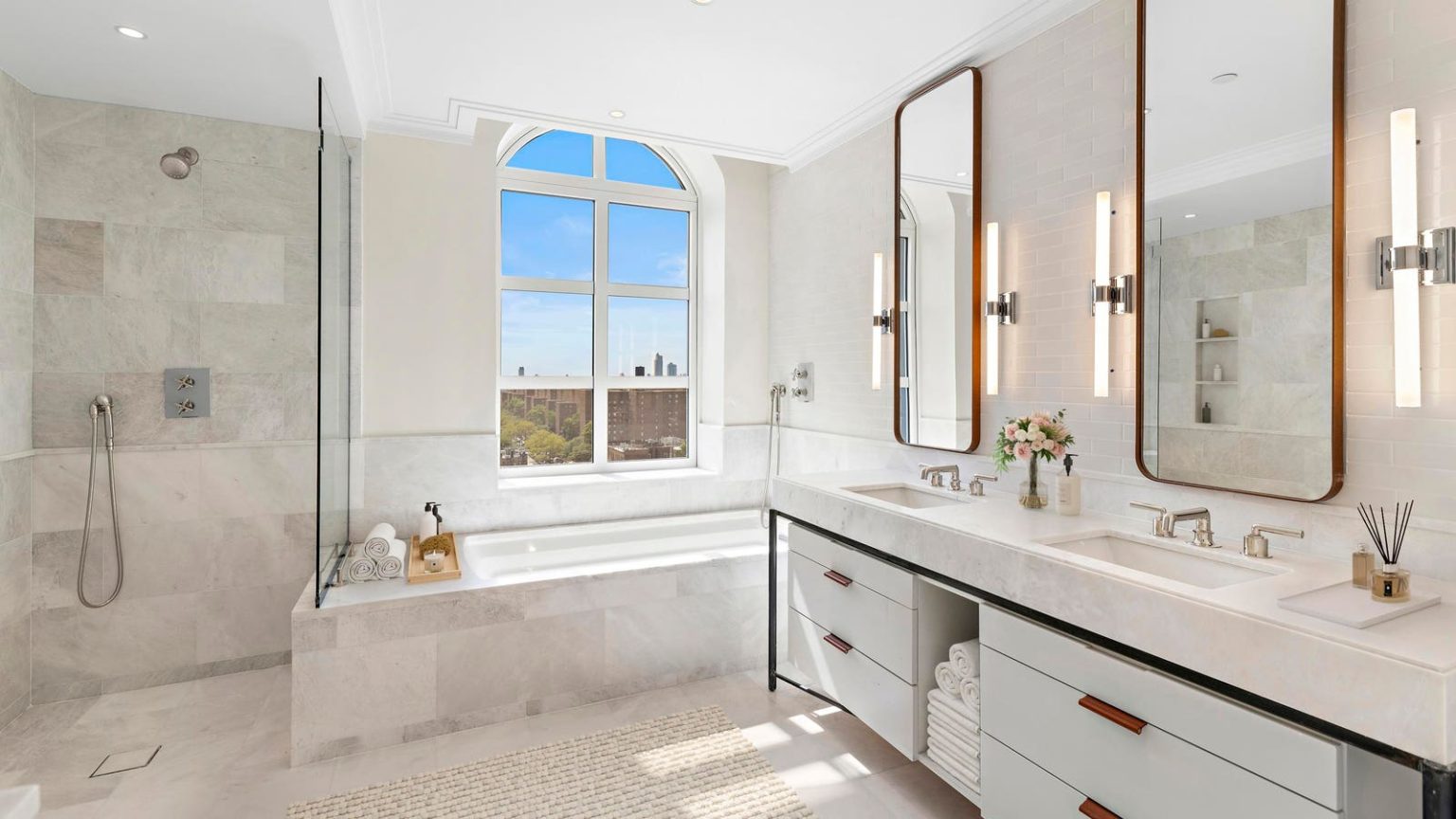It’s been noted the pandemic accelerated technology adoption, producing changes in months that otherwise might have taken a decade. Among the advancements propelled in that era was virtual staging, a convenience that enabled homes to continue selling during the lockdown.
Like a number of other Covid-era movements, virtual staging has hung on following resumption of normal life. It is now augmenting the power of furnished model residences in driving traffic and helping developers sell larger-scaled homes.
An Association of Realtors Research Group Profile of Home Staging study revealed 81% of buyers’ agents believe staging contributes to buyers more readily envisioning the space as a future residence. The same report found 77% of buyer’s agents reported photos were more important to clients, while 74 reported videos were important. A year before the pandemic, a 2019 report found virtual staging able to cut staging costs 97%.
Saving cost, time
Virtual staging enables prospective buyers — most of whom launch their searches online – to begin to comprehend the home’s interior appeal by viewing photographs. Another benefit is being able to stage rapidly.
Companies specializing in virtual staging have the ability to deliver their product within 24 hours, if not sooner. As noted, virtual staging can also deliver immense cost savings. And according to some experts, virtual and actual staging can yield approximately the same or similar beneficial outcomes.
Among particularly stellar examples of virtual staging, Penthouses A and B at 250 East 21st Street in New York City’s Lower Manhattan stand out.
The pieces de resistance of the new, 13-story, 54-unit property in central Gramercy, the three-bedroom penthouses are priced at $5.99 million and $6.5 million respectively. Each has been virtually staged by leading staging company Spotless Agency, sparking the numerous inquiries the properties have garnered since the images went live.
“At 250 East 21st Street in Gramercy, we recommended that the developers utilize virtual staging for select remaining residences because it saved time and money, and ultimately achieved the same results as real-life staging,” says John Gomes, of The Eklund | Gomes Team at Douglas Elliman, leading the sales efforts. “The strategy proved effective and we sold several residences quickly as well as had plenty of in-person visits since the virtually staged photos were listed. We plan to continue to market homes virtually and fully furnished, as both can deliver the same results.”
Real homes
Meantime, also in Manhattan, a unit at the Upper West Side condo building The Astor also profited from the virtual staging approach. The four-bedroom Residence 1120, priced at $6.75 million, was virtually staged by the sales team, helping prospective buyers who were unable to visit in person to visualize the design of the space. “Virtual staging is a creative asset that helps inspire prospective buyers’ imaginations, and transform our beautiful blank canvases into a real home,” says Katherine Gauthier of Douglas Elliman, who along with Michael Kafka, Will Rivera and Kyle Egan is spearheading building sales.
Additional examples of creative virtual staging include 200 East 59th Street in Manhattan, which leverages virtual staging to spotlight approximately a dozen different units. These include Penthouse 33/34, a 7,848-square-foot combo triplex at the building’s pinnacle, enabling would-be buyers to gaze at varied views of the layouts.
Virtual staging is also at work in Boston, where the new development The Parker has showcased to prospective buyers a number of units offering different floorplans, illustrating how residences can be designed and furnished.
It’s Gauthier who best and most succinctly summarizes the benefits of virtual staging. “In real estate, virtual staging isn’t just a useful sales tool,” she says. “It’s the bridge between a listing’s potential and buyers envisioning their future.”
Read the full article here



